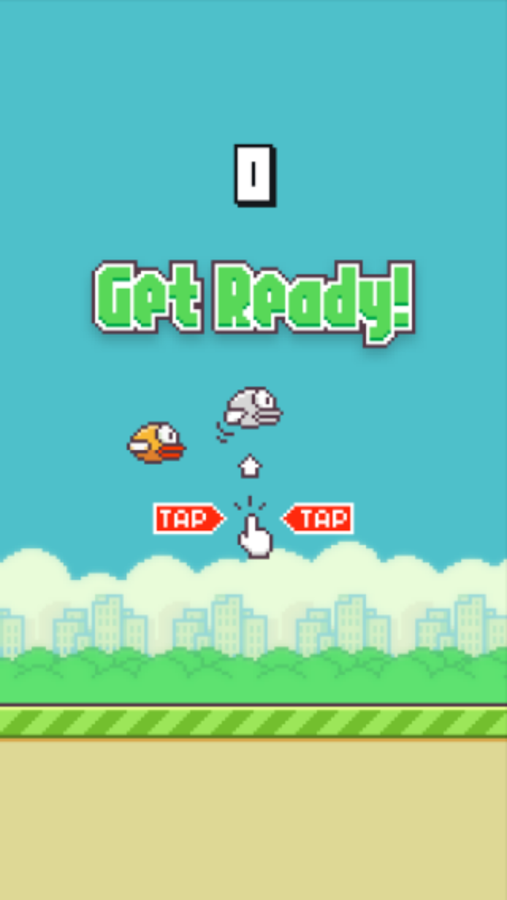'Flappy Bird' No Longer Available For Android, iPhone: Knockoffs Make Up One-Third Of New iOS Games
Will 'Flappy Bird' find a successor?

“Imitation is the sincerest form of flattery,” English writer Charles Caleb Colton once said. Maybe that’s why one-third of newly-released iOS games are “Flappy Bird” clones. During a 24-hour period beginning on Feb. 26, 293 games launched in the App store, and 95 of those games were obvious clones of the frustrating app that was pulled from smartphone app stores on Feb. 9.
The games’ developers are undoubtedly hoping to cash in on the meteoric success of “Flappy Bird,” which was reportedly pulling in $50,000 per day. Vietnamese Dong Nguyen pulled the game at the height of its popularity, calling it an “addictive product.”
Instead of birds, some of the clone games feature pigs, cats, sponges, bricks, worms and unicorns.
Last week, “Flappy Bird” knockoff “Flying Cyrus” reached No. 1 one in the iTunes App Store. The game operated with the same mechanics and basic principles, except Nguyen’s “Flappy Bird” was replaced with a version of tongue-wagging pop sensation Miley Cyrus. Instead of dodging green pipes, Cyrus dodged wrecking balls. User reviews claimed the title was just as frustrating. We also spent a few minutes playing "Flying Cyrus," and we can assure you that the game is very similar.
The app beat other “Flappy Bird” knockoffs, including “Splashy Fish,” “City Bird” and “Derpy Dragon.” “Flying Cyrus,” which received an update on Feb. 20, was developed by Talo Games. The objective of the app is to earn seven medals: green, blue, purple, red, bronze, silver and gold. “Flying Cyrus” is free to download and currently holds a 3.5 star rating in the app store.
The original “Flappy Bird” was published by Vietnam-based Gears Studio last May. At one point, the title was being downloaded 2 million to 3 million times per day and pulling in $50,000 in ad revenue daily in Google Play and Apple iOS stores. It topped the free category of downloadable games in the American and Chinese iTunes App Store at the end of January 2014.
As the game grew in popularity, criticism of “Flappy Bird” began to gain traction. Many people accused "Flappy Bird” of being too similar to 1985’s “Super Mario Bros.” Kotaku even called the mobile game “plagiarism” and “ripped art.” Another blogger questioned whether the massive success of “Flappy Bird” was due to the use of bots, or fake accounts, run by computers to falsely create downloads or reviews. “Looking at some of the top apps in the store by Nguyen, I hate to say it, but it looks really similar to bot activity,” Carter Thomas, of online marketing company Bluecloud Solutions, said in a blog post earlier this month.
On Feb. 9, Nguyen removed the game, claiming it was due to the amount of criticism and negative press it was receiving. “I am sorry, 'Flappy Bird' users, 22 hours from now, I will take 'Flappy Bird' down. I cannot take this anymore,” Nguyen tweeted. He also denied that he was asked to remove the app by Nintendo, a speculation made by many gaming sites. “It is not anything related to legal issues. I just cannot keep it anymore,” he posted on Feb. 8.
Since its deletion, knockoffs of the title are appearing everywhere, and Apple and Google began cutting the cord on “Flappy Bird” clones. Both companies took aggressive action against eager developers hoping to make a quick buck from the post-frenzy of “Flappy Bird," banning knockoffs from the iOS and Google Play stores. Of course, games can possess similar qualities, but using the word “flappy” resulted in a rejection of submission from both app stores.
What's your favorite "Flappy Bird" knockoff?
© Copyright IBTimes 2024. All rights reserved.






















